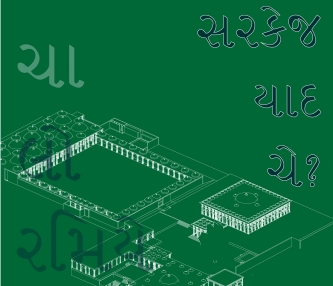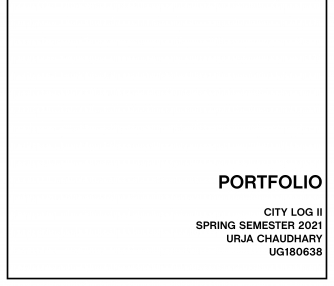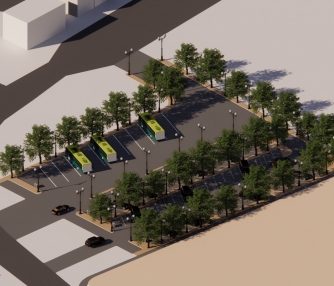- Tutor/s Manuel M de las heras | Sanskruti Panchal
- TA Ronak v Shah
- Code UR2017
- Faculty Planning
- Level L2 Studio Unit
/ CONTEXT & PREVIOUS SCENARIO / Focusing on the local context of Indian cities, there is a traditional existence of an informal sector and common social acceptance of this fact. It is a characteristic that can be enhanced and reinforced, improving the living conditions of these communities, stimulating their economy, and rising the ethics and aesthetics of the urban tissue. / FRICTIONS / The problem informal sector in urban agglomerations is becoming more critical at the global level and especially in rapidly developing Asian countries, where cities lack policy responses. Everyone consumes or interact with the informal vendors, and everyone suffers their lack of organization, sanitation, functionality and aesthetics. / LINE OF ACTION / Focusing on the local context and specificities of Indian cities, there is a traditional existence of an informal sector and strong common social acceptance of this fact. Street vending is an ecosystem that can be enhanced and reinforced, improving the living conditions of these communities, stimulating their economy, and rising the ethics and aesthetics of the urban tissue. / RESPONSE / As architects and urbanist, we can’t give a solution to only one problem when the conflict is affecting several strati of the population.



